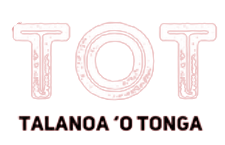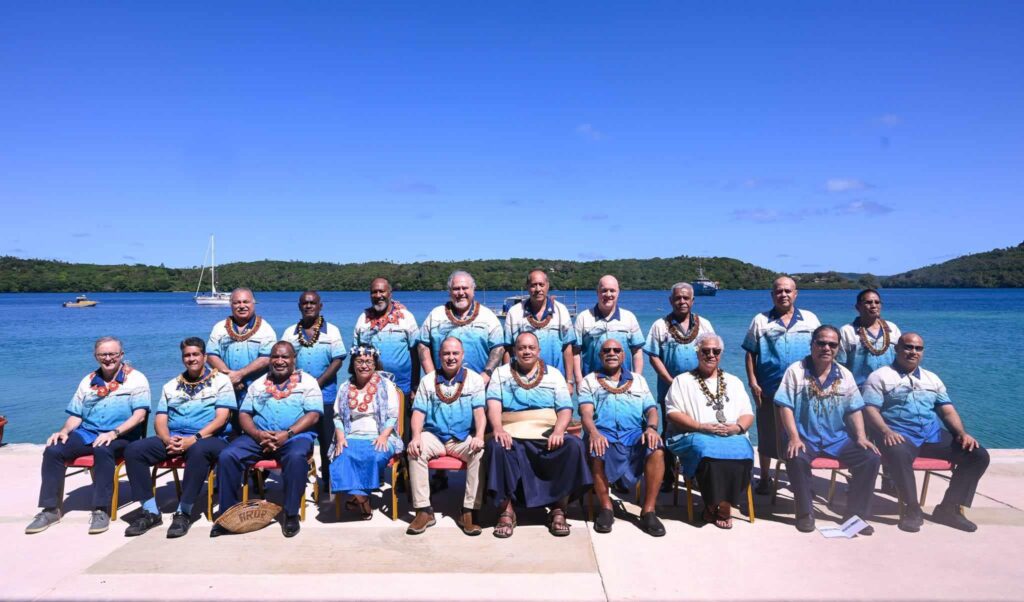Pacific Island leaders concluded the 53rd Pacific Islands Forum in Tonga, reaffirming their commitment to regional cooperation, climate resilience, and sustainable development. The week-long gathering brought together leaders from 18 member countries and territories, focusing on the region’s most pressing challenges, including climate change, healthcare, education, and security.
Climate resilience at the forefront
Recognising the existential threat posed by climate change, Forum leaders endorsed the Framework for Resilient Development in the Pacific (FRDP) as the blueprint for strengthening regional resilience. They welcomed the adoption of the Multidimensional Vulnerability Index (MVI) at the UN General Assembly, urging development institutions to integrate this comprehensive assessment into their policies. The MVI accounts for the unique environmental, economic, and social vulnerabilities of small island states.
The Forum emphasised the urgent need for inclusive and innovative solutions to address climate impacts. Leaders endorsed continued efforts under the Pacific Resilience Partnership and prioritized investments in climate-resilient healthcare infrastructure, noting that 62% of critical health facilities in the region are within 500 meters of coastlines, making them highly susceptible to sea-level rise and extreme weather events.
Education and regional security
On education, leaders highlighted the necessity of building resilient systems capable of withstanding environmental shocks. They endorsed investment in digital education infrastructure and the development of culturally relevant curricula, including disaster preparedness and environmental education. These measures aim to equip future generations with the knowledge and skills needed to thrive in a changing climate.
The Forum also reaffirmed its commitment to the 2050 Strategy for the Blue Pacific Continent, which outlines the region’s policy priorities for a resilient future. Leaders endorsed the Executive Summary of the 2050 Baseline Report, which evaluates regionalism and development across seven thematic areas, including climate change, ocean governance, economic development, health, education, cultural heritage, and security.
Strengthening regional cooperation
The Forum endorsed recommendations from the Review of the Regional Architecture, calling for stronger regional cooperation and a more strategic partnership mechanism. Leaders agreed on aligning regional governance structures with the Suva Agreement, ensuring they are practical and responsive to member needs.
Also, Cook Islands Prime Minister Mark Brown announced the elevation of Guam and American Samoa to Associate Member status in the Forum, enhancing their engagement in regional decision-making.
Support for the Pacific Resilience Facility
Leaders expressed strong support for the Pacific Resilience Facility (PRF), a Pacific-led, member-owned climate and disaster resilience financing mechanism. The PRF aims to provide direct funding to communities, bypassing bureaucratic hurdles. Commitments totaling over $170 million were welcomed, with a target of $500 million by January 2026 and a long-term goal of $1.5 billion.
Regional security and global advocacy
The Forum also addressed the importance of maintaining peace and security across the Pacific, endorsing the Pacific Policing Initiative and initiatives for regional fisheries management. Leaders supported Australia’s bid to host COP31 in 2026, in partnership with the Pacific, and committed to elevating the issue of sea-level rise on the global stage.
The Forum ended with plans for the 54th Pacific Islands Forum to be held in Solomon Islands in September 2025, with Palau set to host the 55th Forum in 2026.




